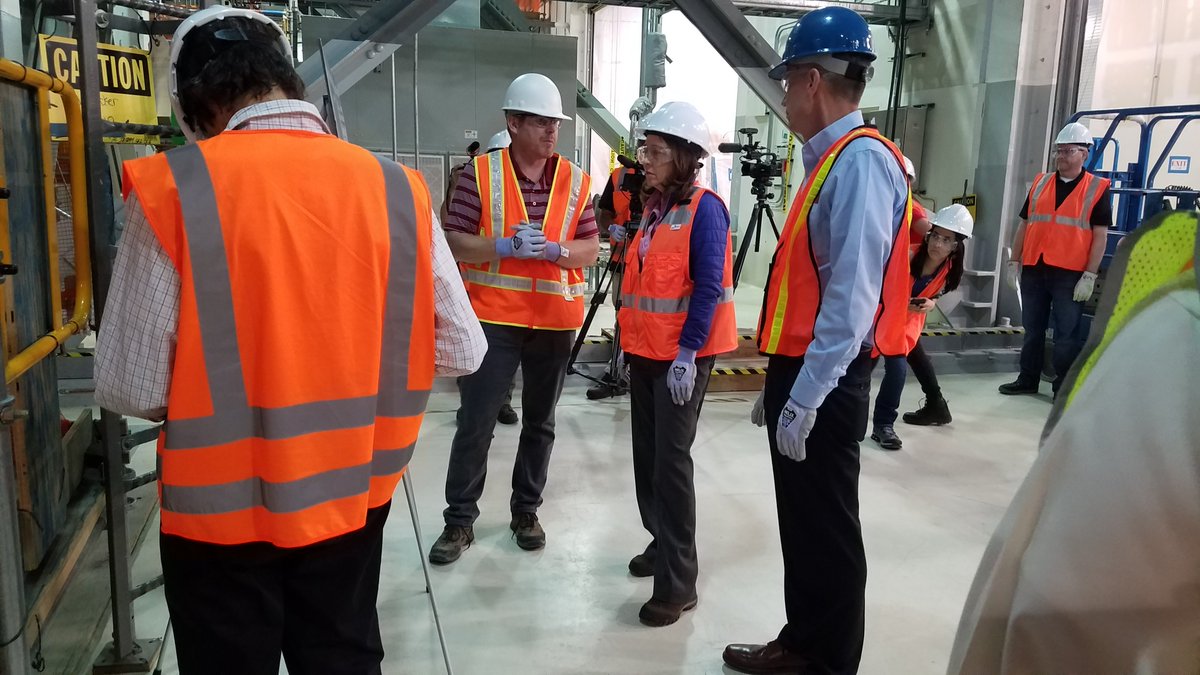
Weapons Complex Monitor Vol. 30 No. 17
Visit Archives | Return to Issue PDF
Visit Archives | Return to Issue PDF
Weapons Complex Monitor
Article 1 of 14
April 26, 2019
Cantwell Wants More Info on DOE Cleanup End-State Contracting

Sen. Maria Cantwell (D-Wash.) said Wednesday she will ask for a briefing on the Department of Energy’s new end-state contracting model for nuclear cleanup projects, which will be used for the first time at the Hanford Site in Washington state.
Cantwell announced…
Partner Content